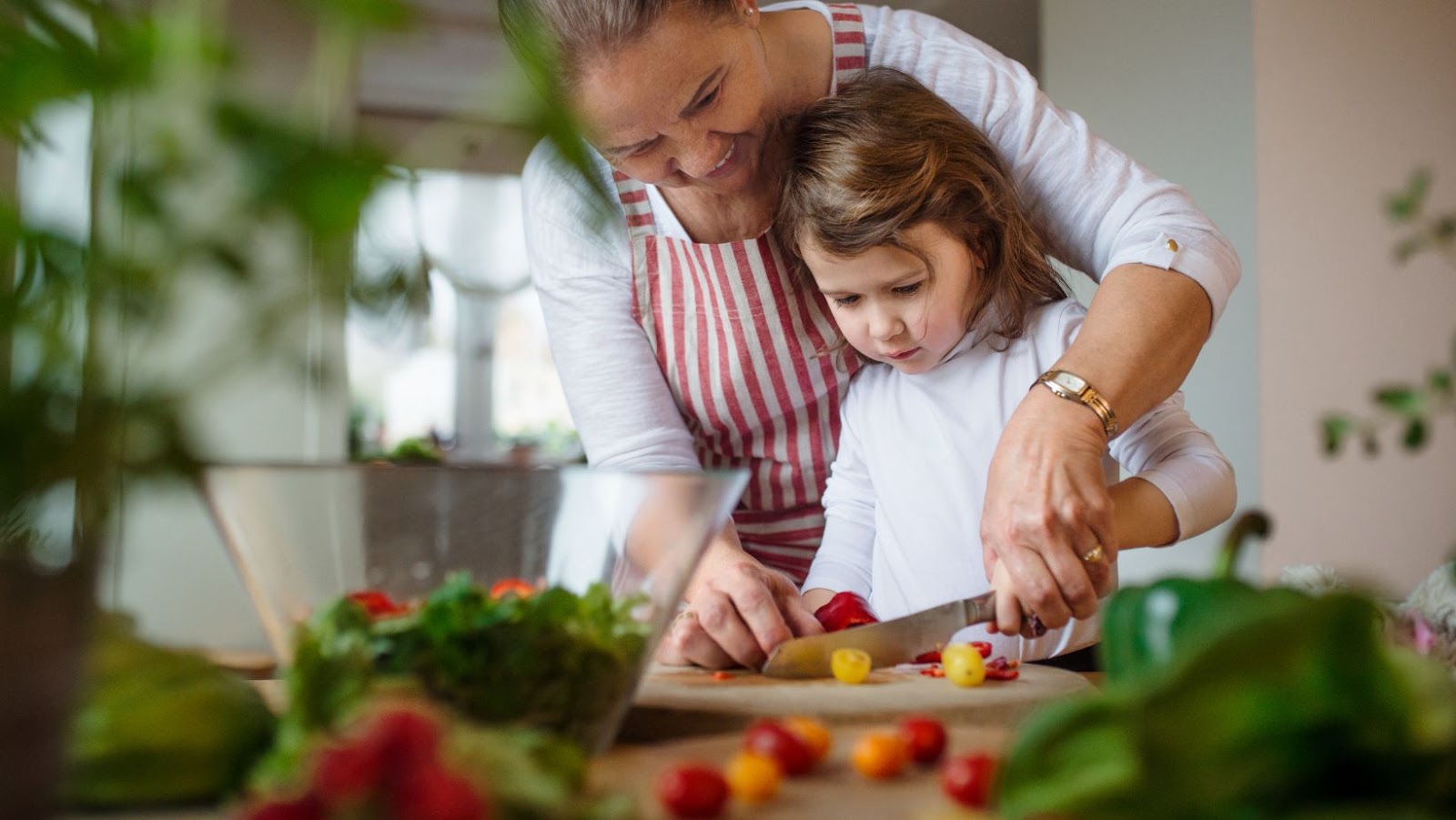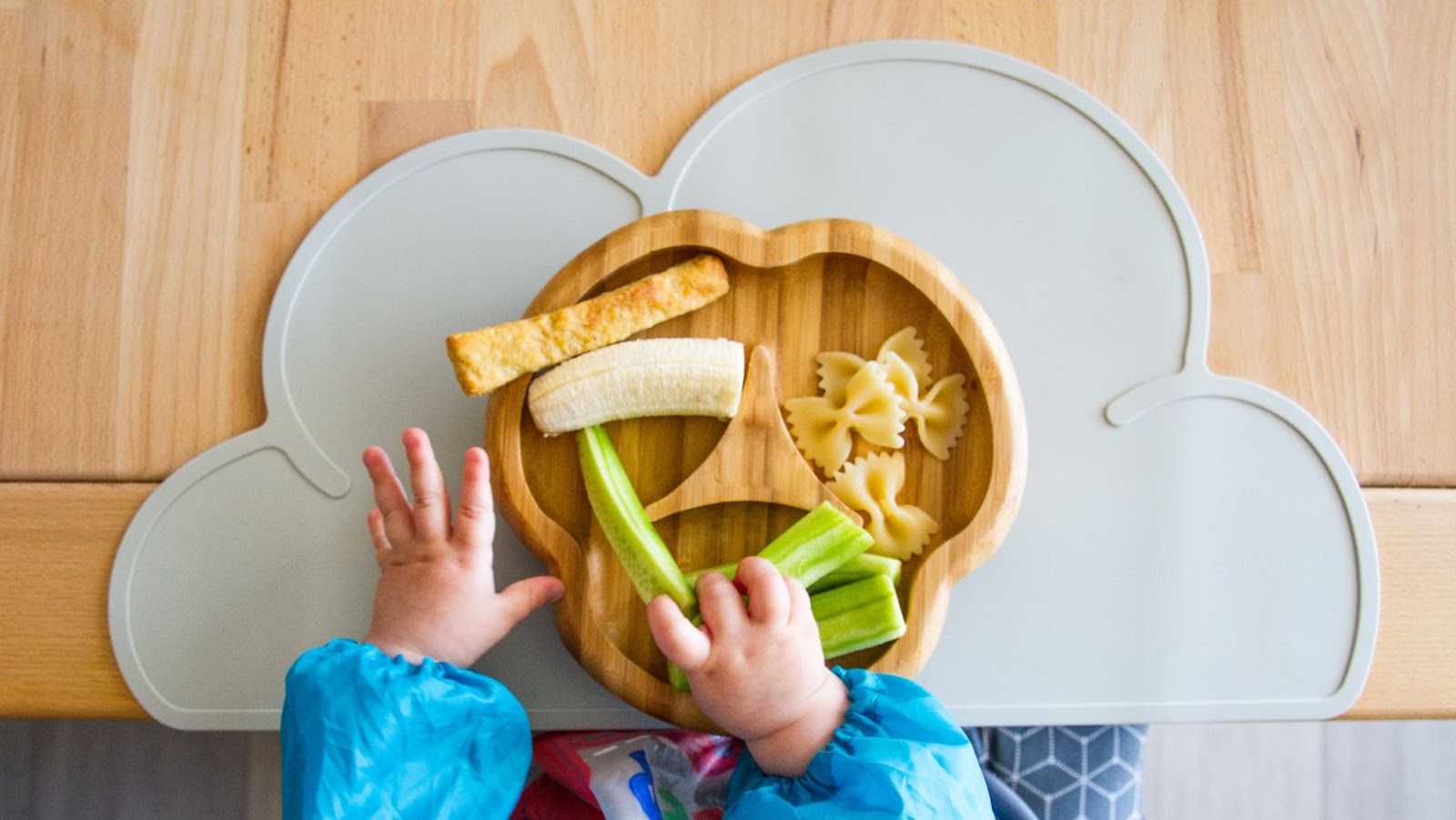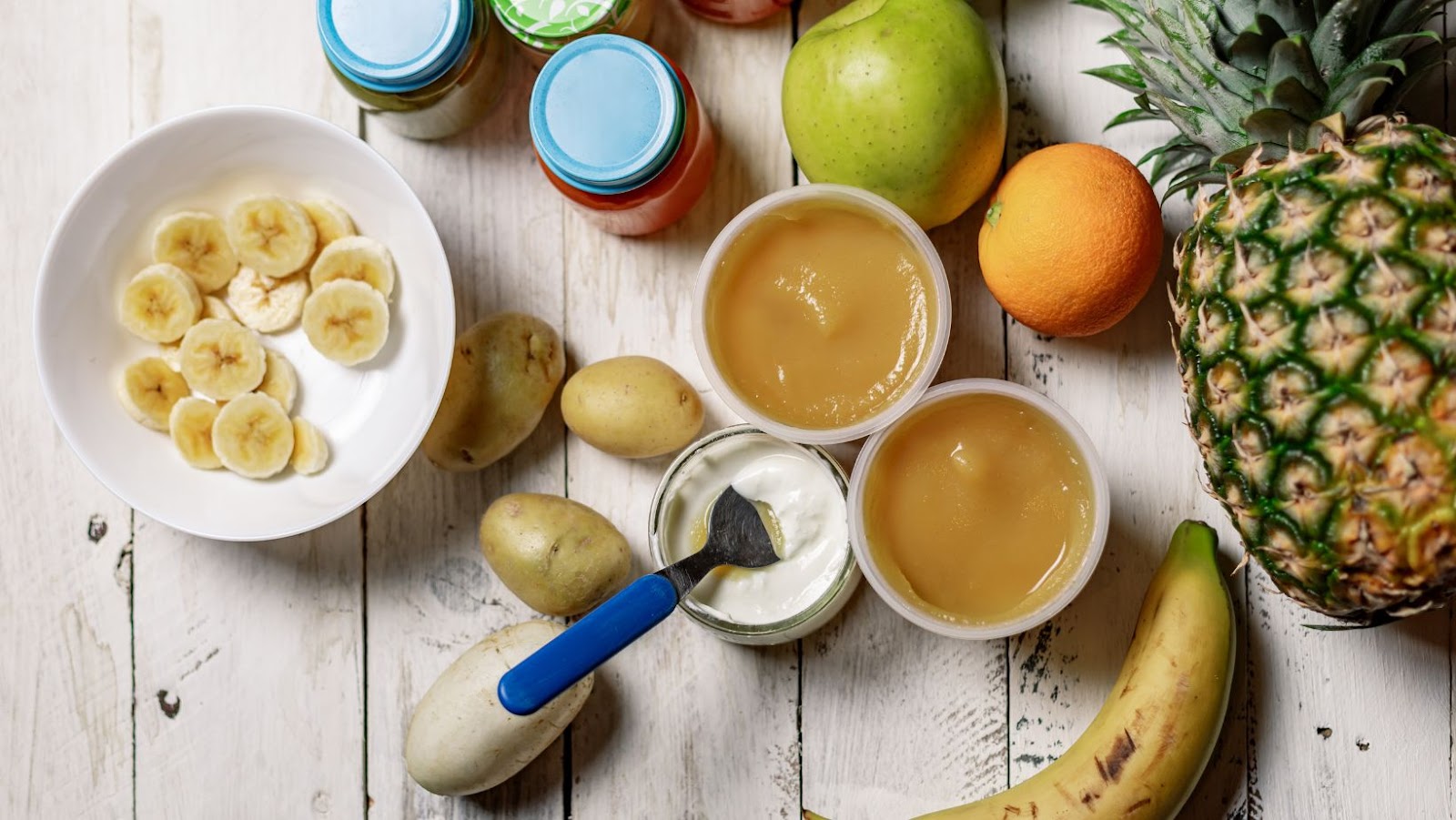As a parent, traveling with a baby can be a daunting task, especially when it comes to feeding them. If you’re someone who wants to ensure that your baby has access to homemade food during travel, you may feel overwhelmed by the different regulations and restrictions that vary from one airline to another. However, with the right preparation and knowledge, it’s possible to travel without compromising your baby’s dietary needs. In this article, we will explore the best ways how to travel with homemade baby food.
One of the most important things to consider when traveling with homemade baby food is the mode of transportation. Different modes of travel, such as planes, trains, and cars, may require different methods of food preparation and storage. For instance, if you’re traveling by air, you’ll need to comply with TSA regulations regarding liquids and gels. Also, consider how you’ll store and transport your homemade baby food to avoid spillage and spoilage.
Another important consideration when traveling with homemade baby food is timing. As a parent, you need to plan your trip in a way that allows for adequate time to prepare, pack and store your baby’s food. This means you should plan your meals ahead of time and factor in travel time, time-zone changes, and potential delays. Additionally, you should ensure that your baby’s food is easily accessible during your whole trip. In the next section, we’ll provide some tips on how to pack and store homemade baby food while traveling.

How to Travel With Homemade Baby Food
As a busy parent, taking care of your little one’s meals while on the go can be challenging and stressful. However, with a few simple tips, traveling with homemade baby food can be a breeze.
Here’s a step-by-step guide on how to prepare homemade baby food for travel:
- Choose the right type of food: When traveling with homemade baby food, it’s best to choose simple recipes that don’t contain too many ingredients. Pureed fruits, steamed vegetables, and cooked grains are all excellent options. Avoid using perishable foods like meat, dairy, and eggs.
- Decide on a packaging method: There are several packaging options available for homemade baby food, including plastic or glass containers, silicone pouches, and disposable food pouches. Remember to choose leak-proof and easy-to-clean containers.
- Portion the food appropriately: Portion size is crucial when it comes to traveling with baby food. Divide the food into small portions that your baby can finish in one sitting. This will also prevent wastage and save space.
- Label and date the containers: Always label the containers with the type of food and the date it was made. This will help you keep track of the freshness of the food and avoid any confusion. In addition to labeling containers with the type of food and the date it was made, consider using your baby’s name as part of the labeling. This personalized approach ensures that, especially when traveling with multiple children or in groups, each child’s dietary needs and preferences are easily identifiable. It also adds a layer of safety, helping to prevent mix-ups and ensuring that any food allergies or dietary restrictions are clearly communicated to caregivers and family members. Choosing a unique name for your baby thus not only celebrates her individuality but also simplifies the management of her items among multiple children or adults, making it a practical and efficient solution for travel.
- Pack the food safely: When packing homemade baby food for travel, always use an insulated bag or cooler to keep it fresh. If you’re flying, check with your airline for their policy on carrying baby food onboard.
- Reheat the food safely: It’s essential to reheat homemade baby food safely, especially when traveling. Heat the food thoroughly until it’s hot all the way through, stirring occasionally. Avoid using a microwave to reheat baby food, as it can create hot spots that can burn your baby’s mouth.
By following these simple steps, you’ll be able to travel stress-free with homemade baby food. Not only is it healthier for your little one, but it’s also cost-effective and eco-friendly.

Packing Homemade Baby Food For Your Trip
When it comes to traveling with a baby, packing meals can be a hassle. However, with some careful planning and preparation, it’s possible to bring homemade baby food on the road. Here are some tips on packing homemade baby food for your trip:
- Use airtight containers: Packing baby food in airtight containers is important to keep them fresh and prevent any spillage or contamination. Glass jars with airtight lids or plastic containers with screw-on lids are some good options.
- Freeze the baby food: If you’re planning to take a long trip, freeze the baby food in advance and pack it in an insulated cooler bag. This will not only help in keeping the food fresh for a longer time but also reduce the risk of any contamination.
- Keep the portions small: Pack baby food in small portions as per the baby’s feeding requirements. This will not only help in reducing waste but also make it easier to thaw the food quickly.
- Label the containers: Label the containers with the name of the food and the date it was made. This will help you keep track of the food and ensure that you’re using the freshest possible ingredients.
- Pack a variety of foods: Try packing a variety of foods to ensure that your baby gets all the necessary nutrients while on the trip. Prepared homemade purees and mashed food like sweet potatoes, carrots, bananas, and avocados can be a good options.
- Pack utensils: Don’t forget to pack spoons and bowls for feeding your baby. Disposable spoons and bowls are convenient to carry, but if you prefer reusable utensils, make sure to pack them in a ziplock bag to avoid any mess.
By following these simple tips, you can easily pack homemade baby food for your trip and ensure that your baby gets nutritious and delicious meals while on the go.

Feeding Your Baby Homemade Food on The Go
Traveling with a baby can be overwhelming, but when it comes to feeding time, the stress level may increase even more. However, with a bit of planning, traveling with homemade baby food can be easy and convenient.
Here are some tips on how to feed your baby homemade food while traveling:
- Prepare Ahead of Time
Before heading out, prepare baby food in advance. Measure the portions, pack them in small containers, and label them with the dates and contents. This will not only save time during the trip but also ensure that the food is fresh and safe for consumption.
- Pack Necessities
Remember to pack all the necessary feeding supplies, such as spoons, bibs, and wipes. Additionally, pack a couple of extra containers and utensils in case of emergency, like losing or dirtying the original ones.
- Bring an Insulated Bag
Bringing an insulated bag will keep the homemade baby food fresh for longer. Pack the containers in the bag with ice packs to ensure that they remain chilled.
- Know the Food Regulations
Different countries or airlines may have different regulations when it comes to bringing homemade baby food on board. It is important to research in advance and comply with the regulations to avoid any issues at the security checkpoint.
- Be Mindful of the Temperature
Once you arrive at your destination, be mindful of the temperature of the homemade baby food. If you are in an area with a warmer climate, store the food in the fridge or use an ice pack to keep it cool.
In conclusion, traveling with homemade baby food does not have to be difficult. With proper planning and preparation, feeding your baby homemade food while on the go can be easy, convenient, and safe.
Conclusion
Traveling with homemade baby food can be an incredible challenge, but it is certainly doable with the right strategies and preparations. Here are some key takeaways that will help make your travel experience a little bit smoother:
- Plan ahead: Consider the length of your journey, the availability of food options, and any dietary restrictions your child may have. Make a list of the foods you will need and create a meal plan for your child.
- Pack smart: Invest in high-quality, airtight containers that will keep your baby’s food fresh. Separate each meal or snack into its own container to avoid contamination. Consider packing a cooler and some ice packs to keep refrigerated food cool.
- Don’t forget the utensils: Pack baby spoons and bibs, along with some wipes for easy clean-up. If you’re flying, remember that you will need to adhere to TSA regulations regarding liquids and gels. Baby food is typically exempt, but it’s always best to double-check before you leave.
- Be flexible: Despite your best planning, there will always be surprises when traveling with children. Be prepared to change your plans and adapt as needed.
By following these tips and strategies, you can ensure that your baby has the food they need while on the go. Remember to stay flexible, pack smart, and plan ahead, and you’ll be well on your way to a successful journey with homemade baby food.

